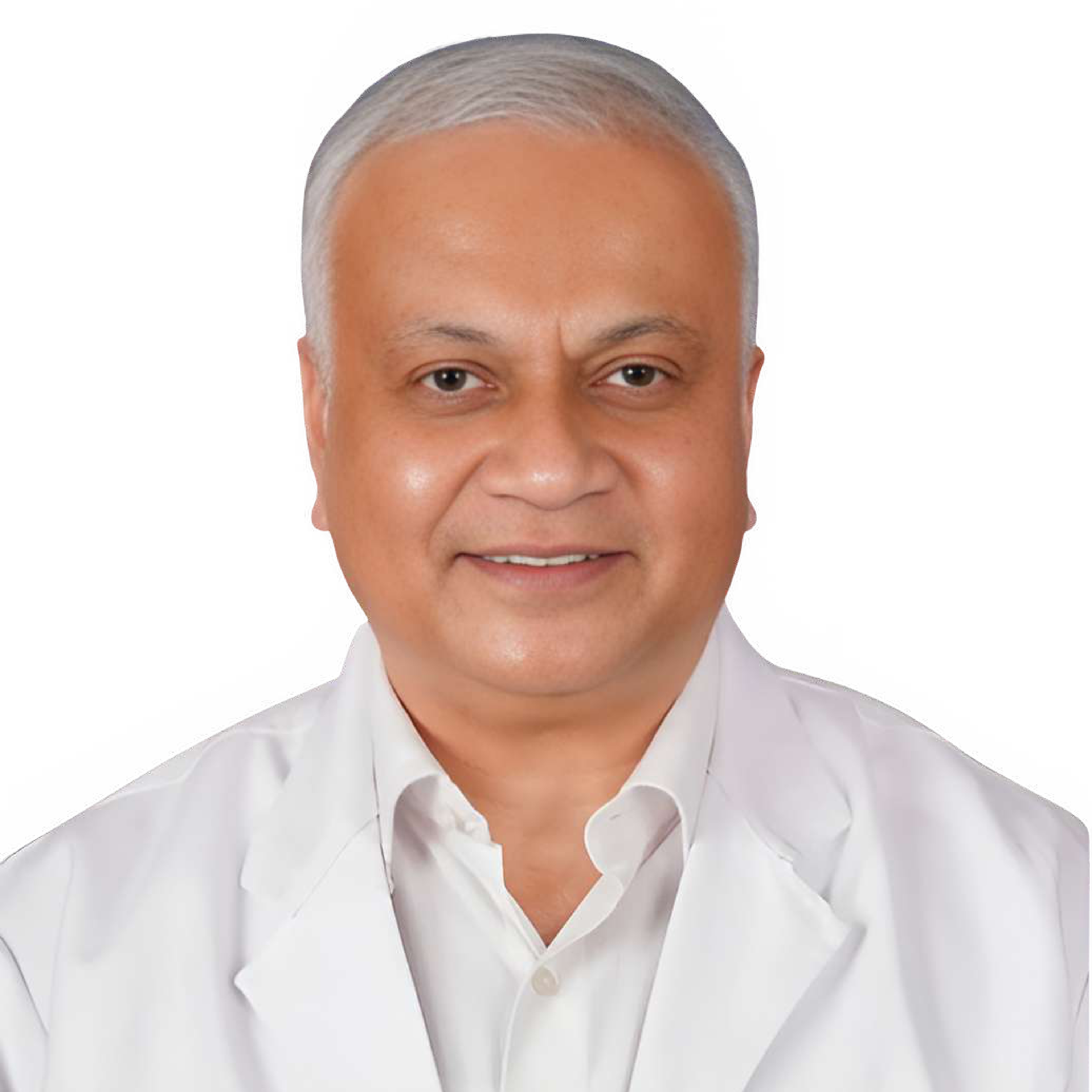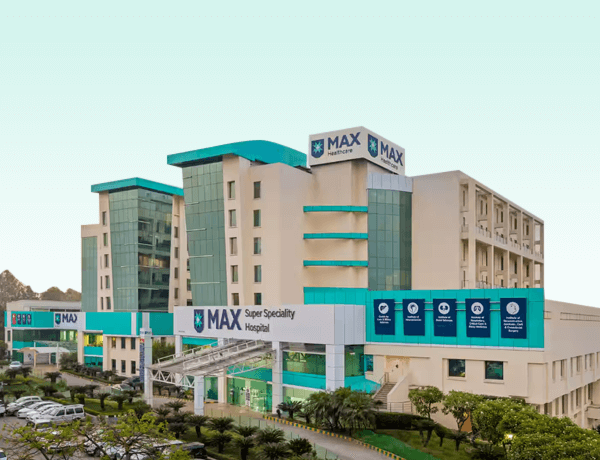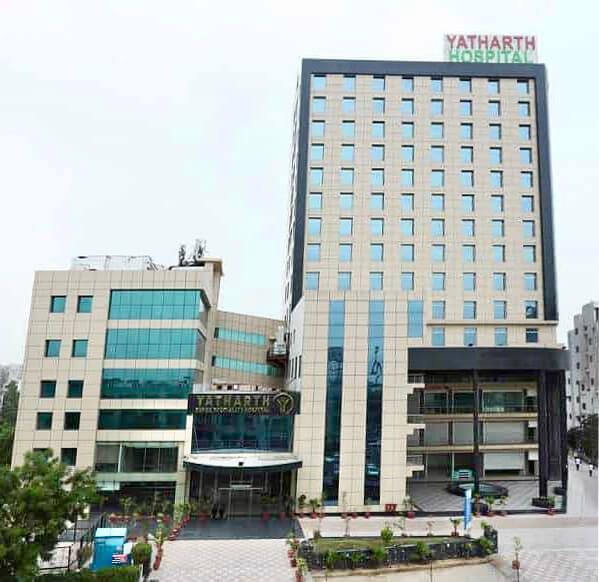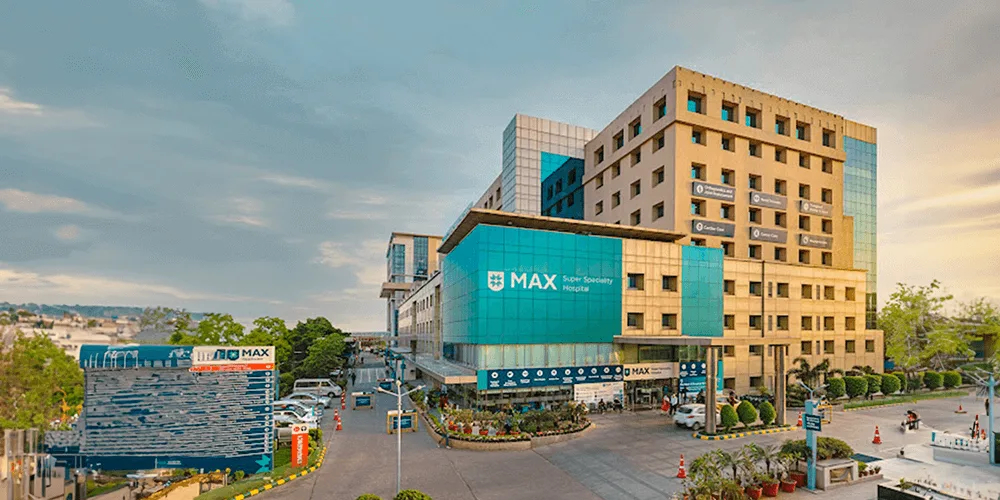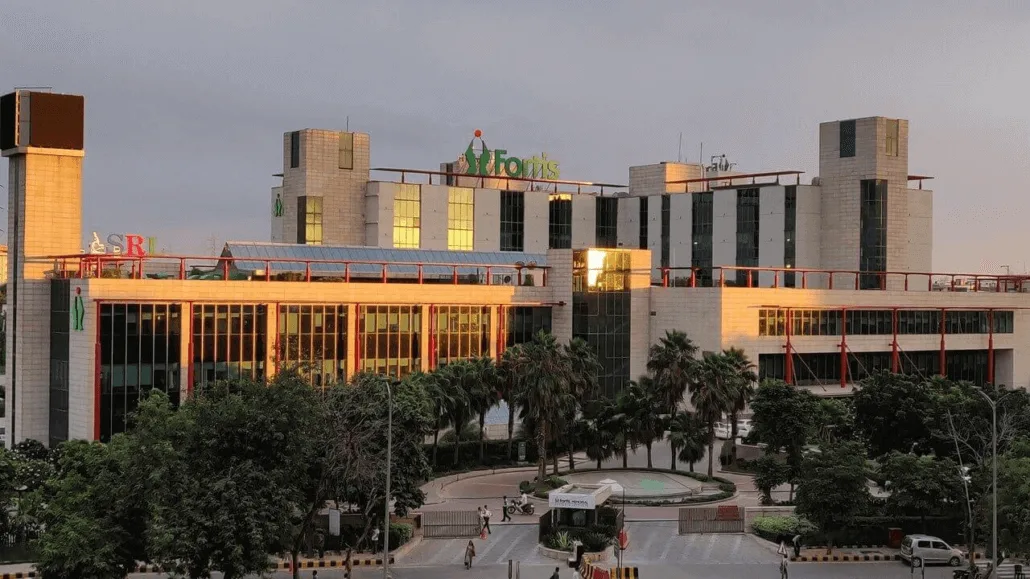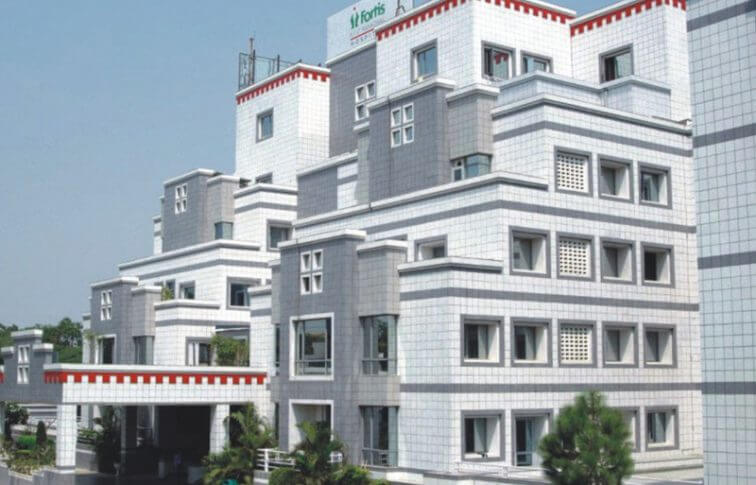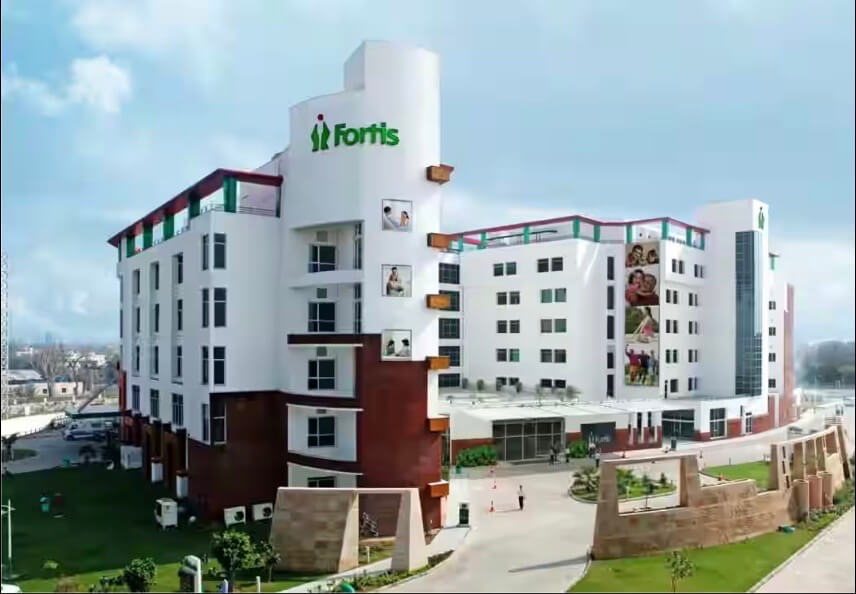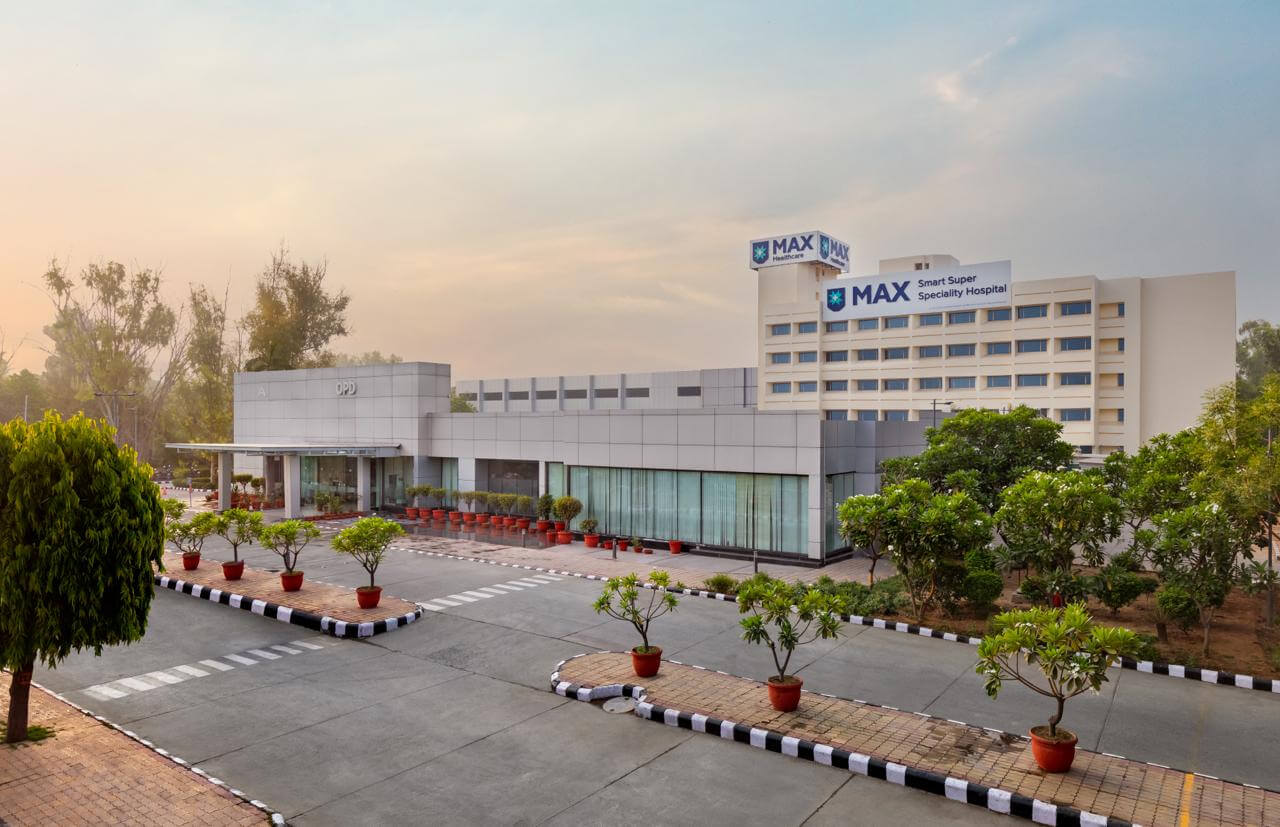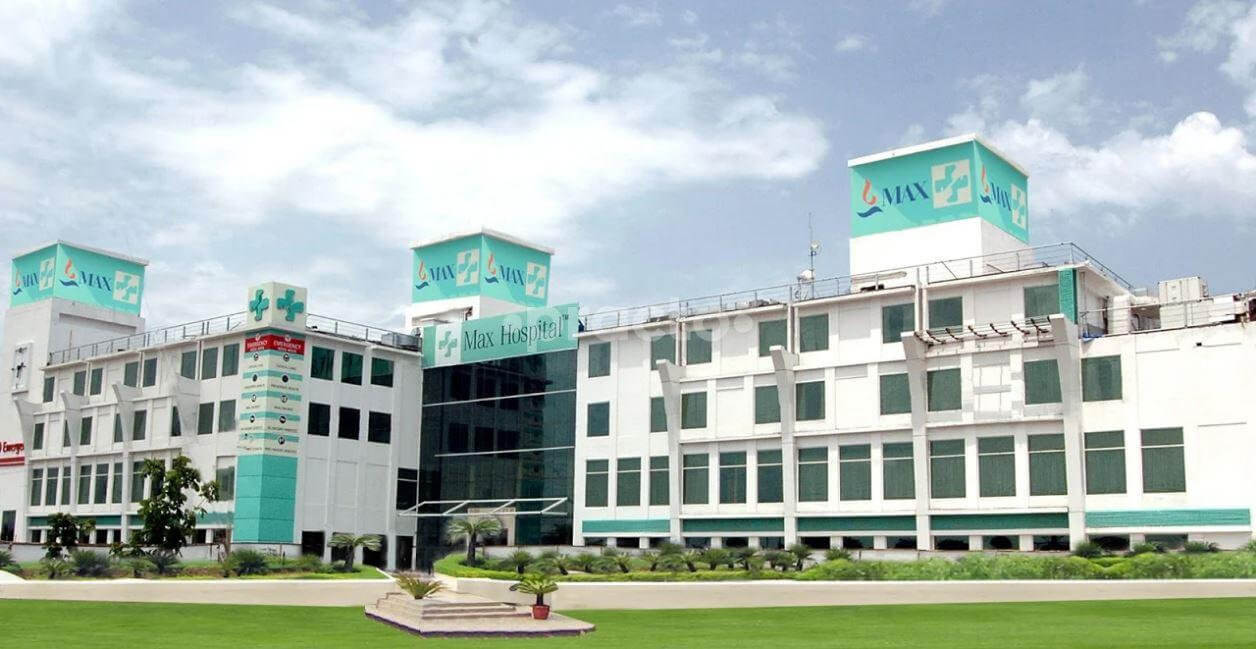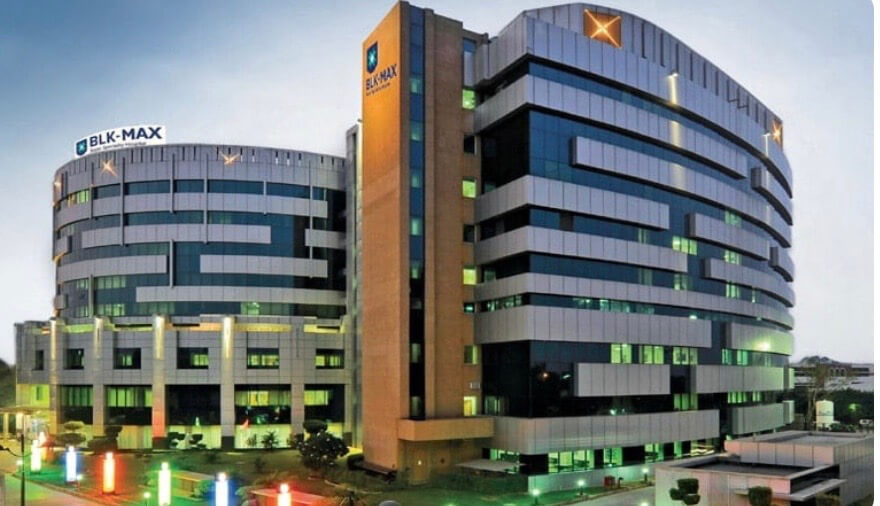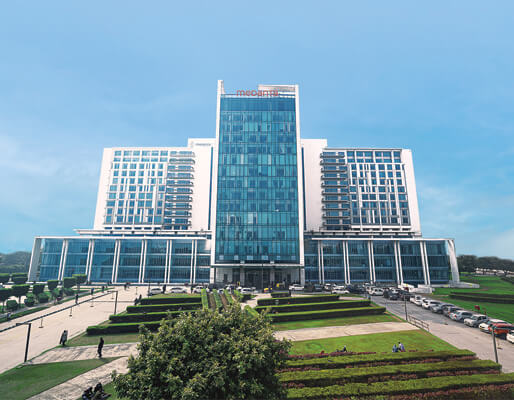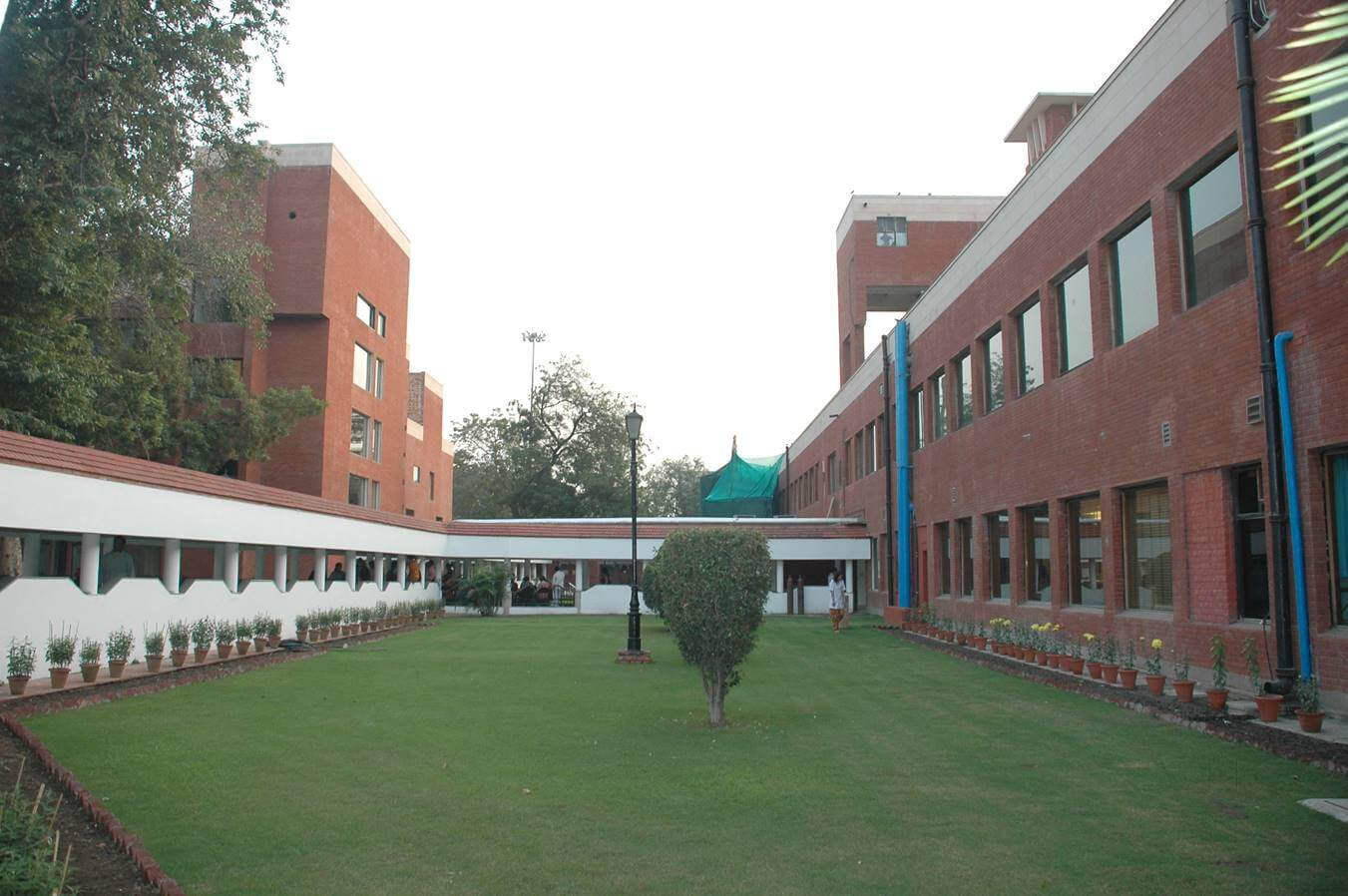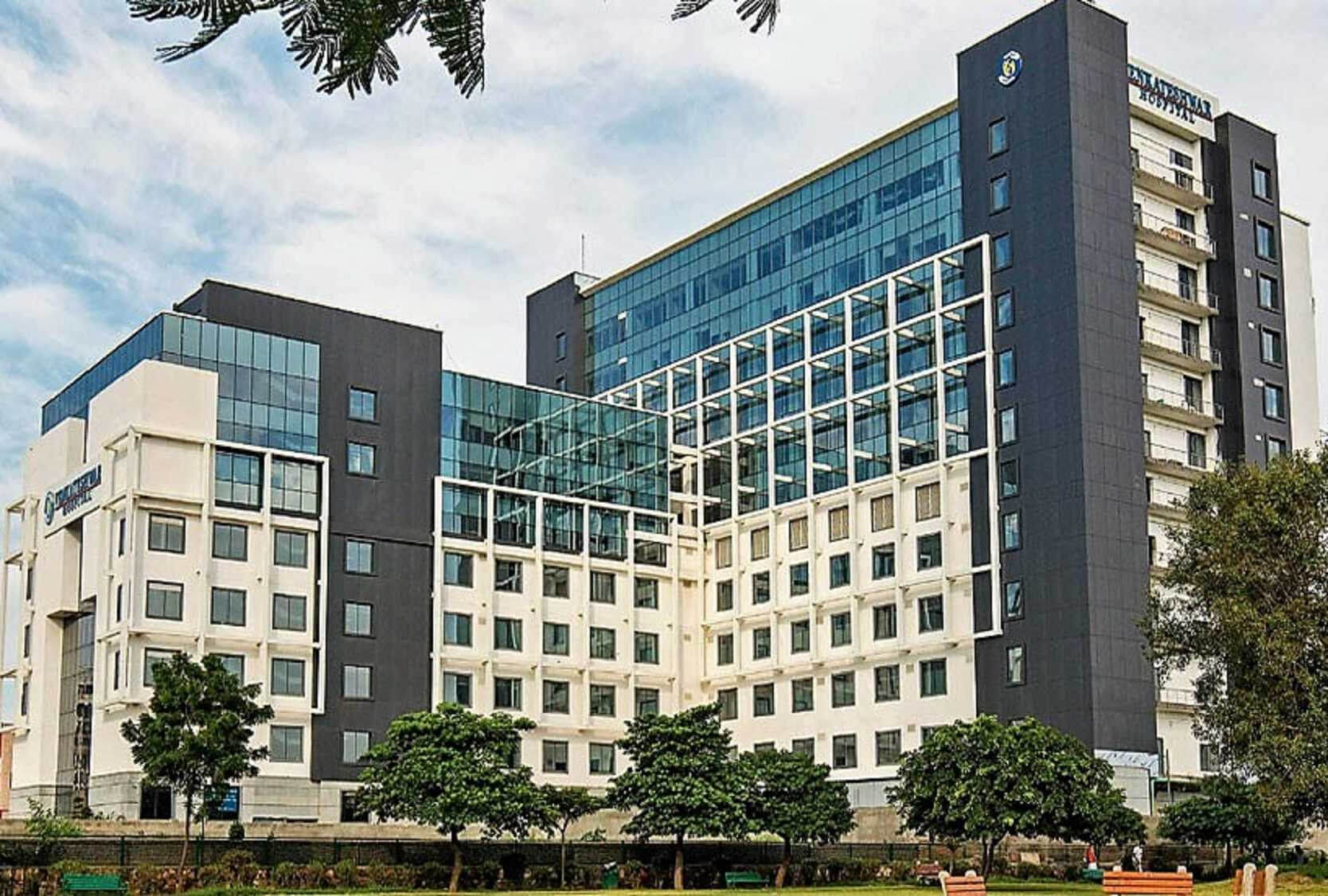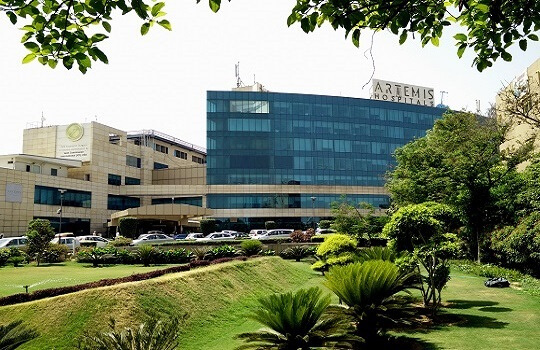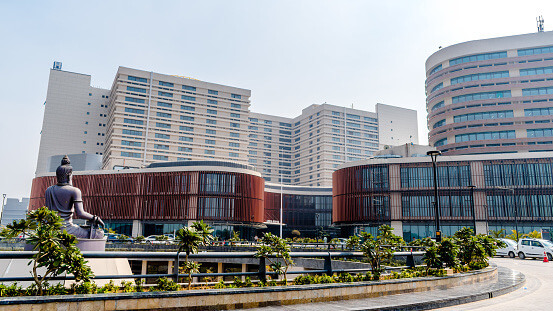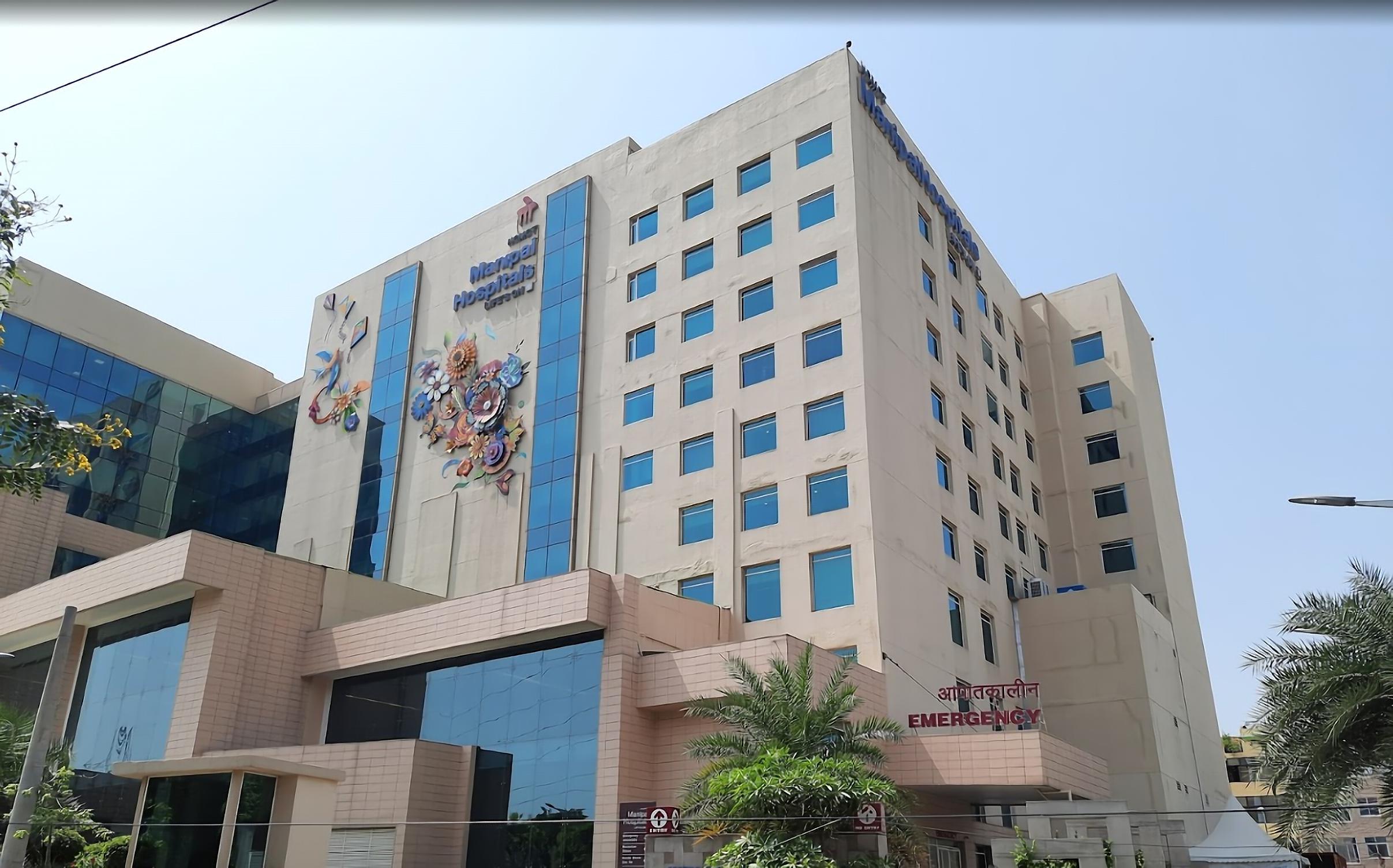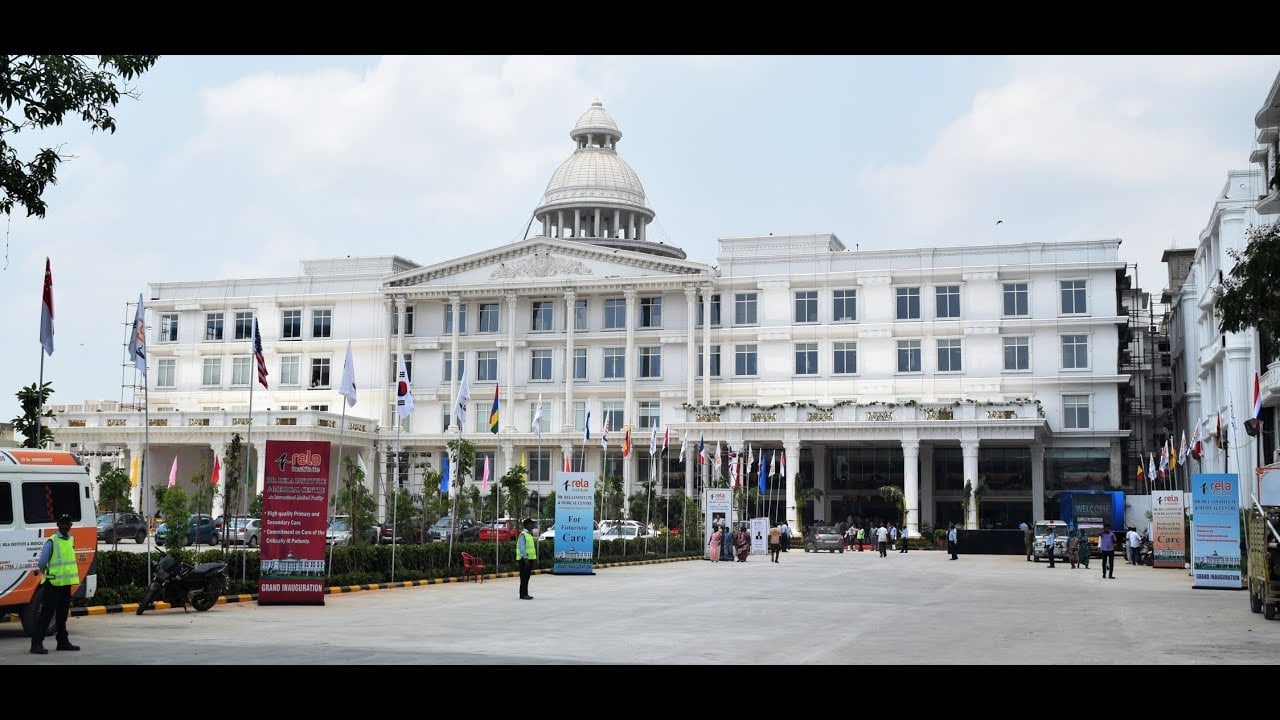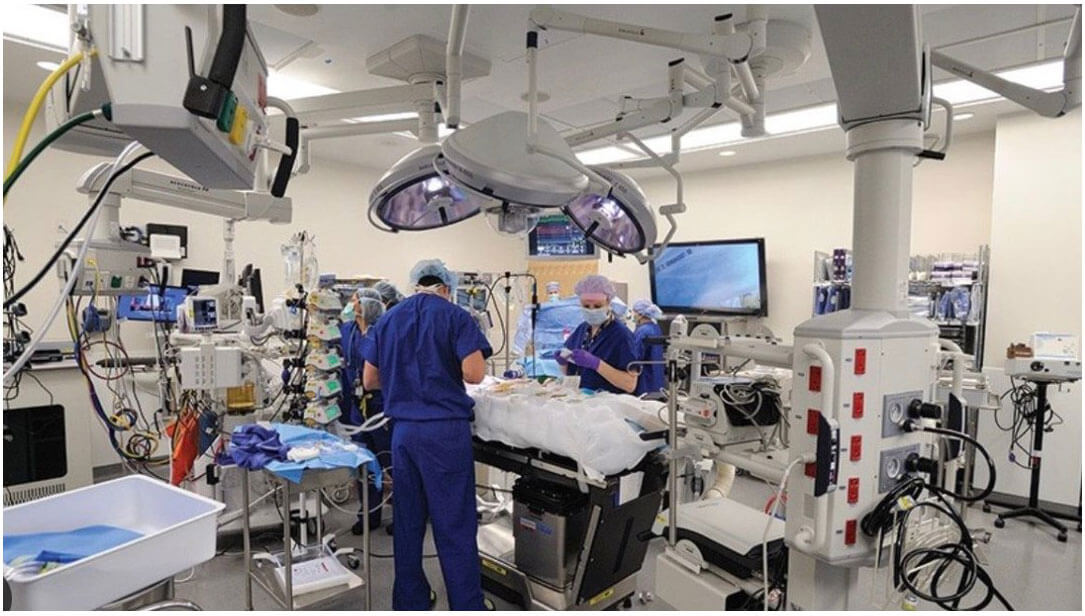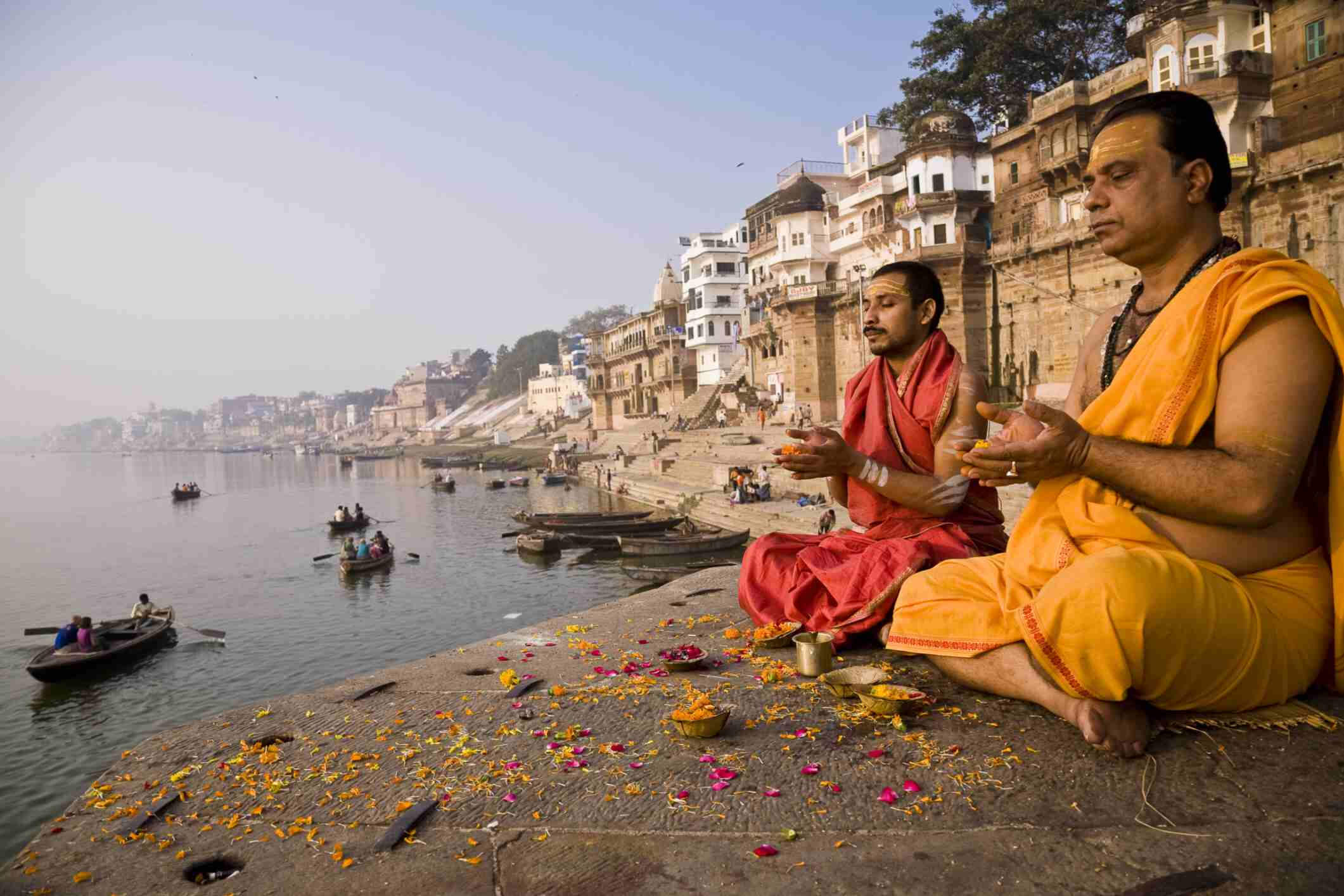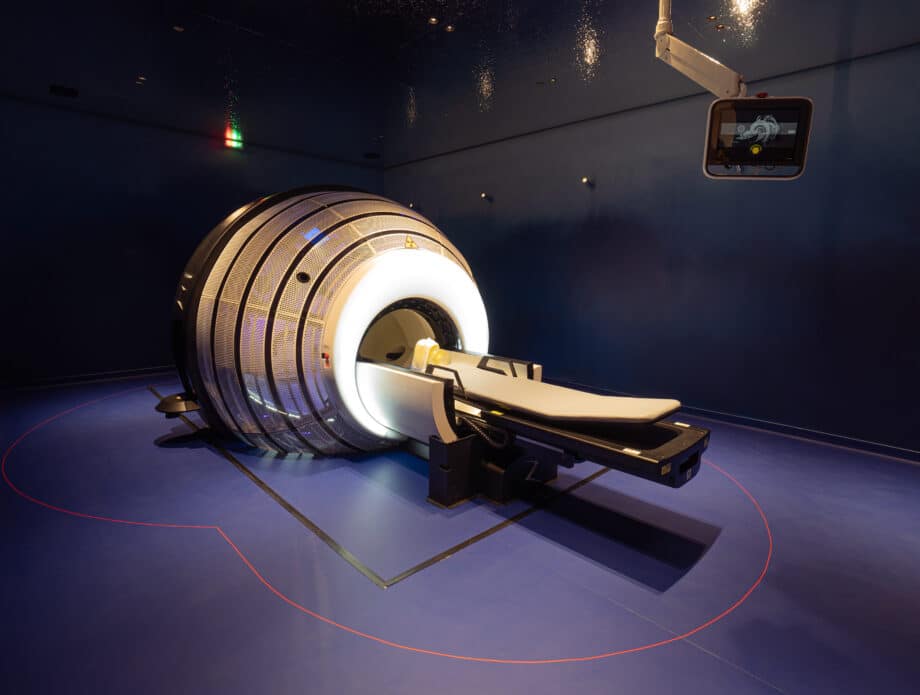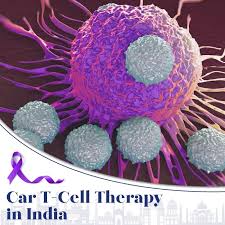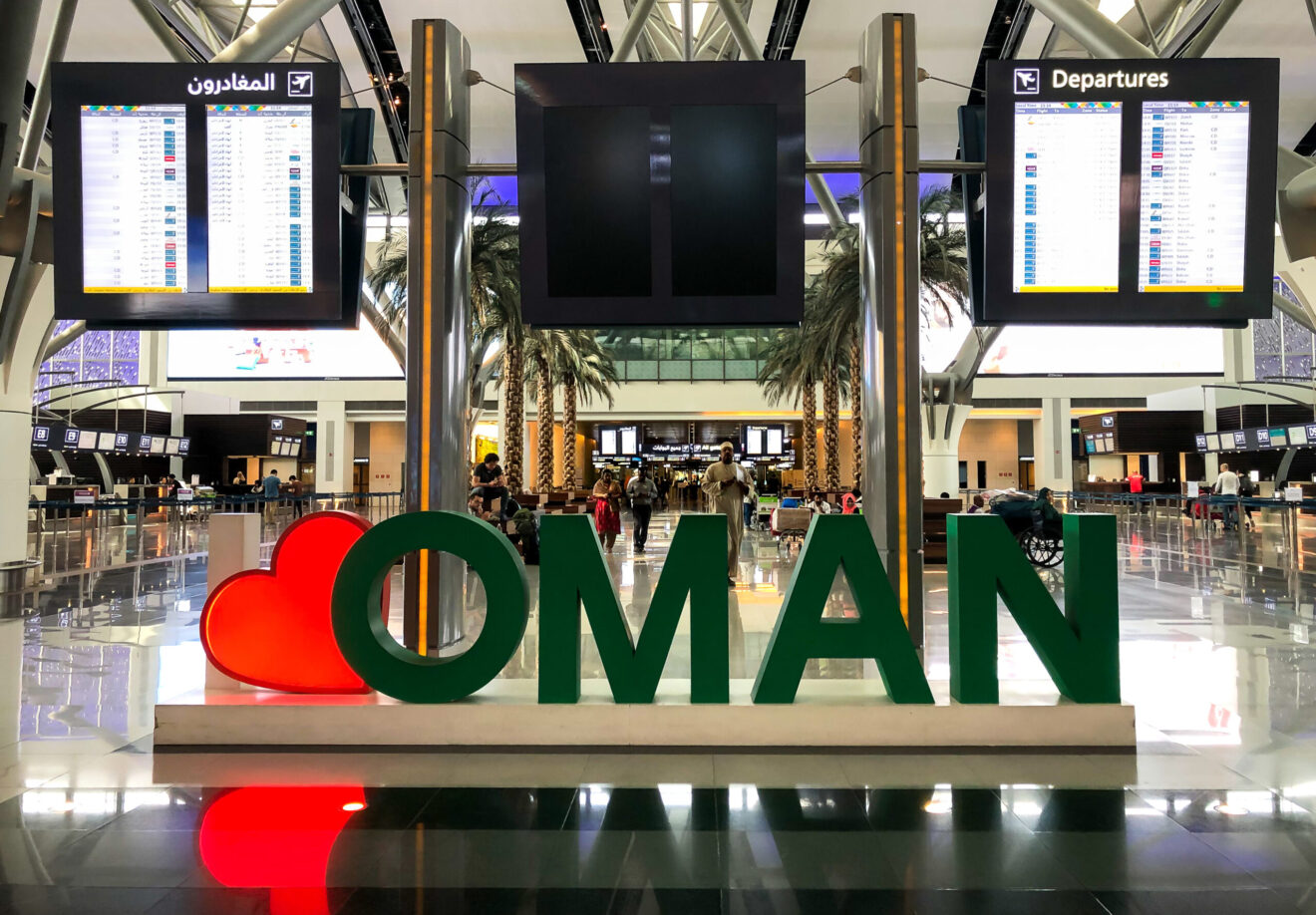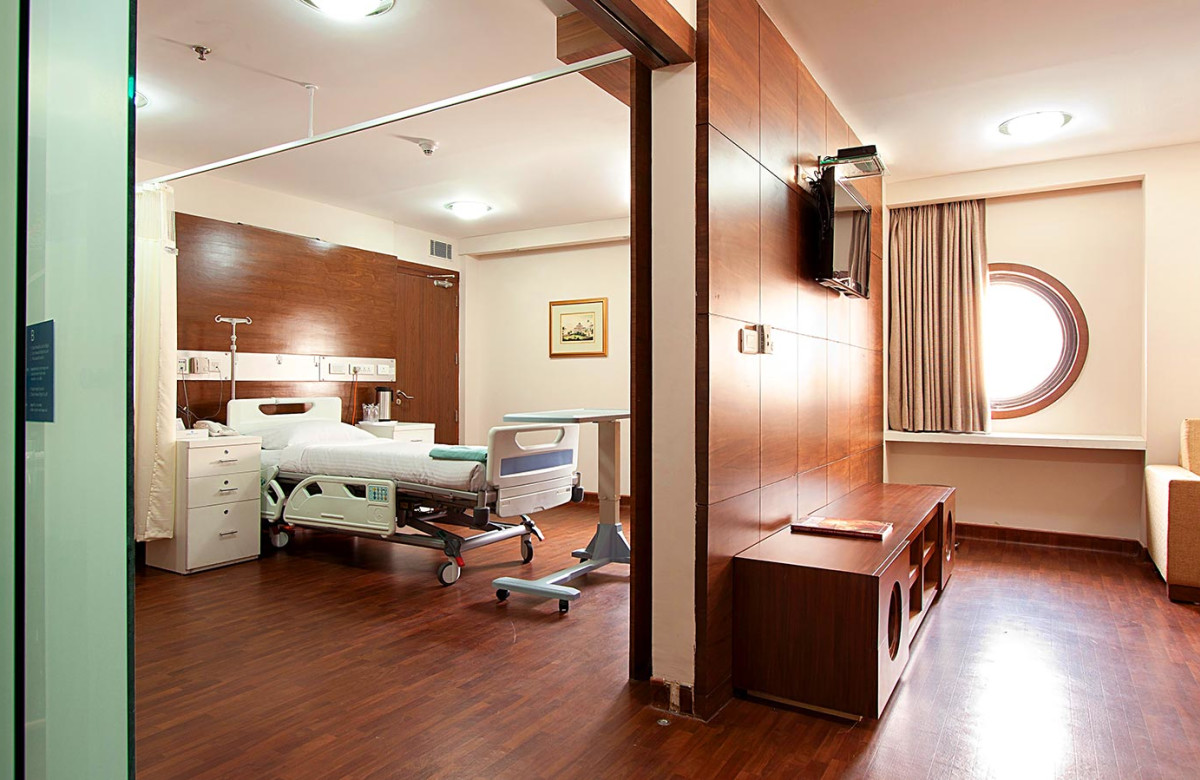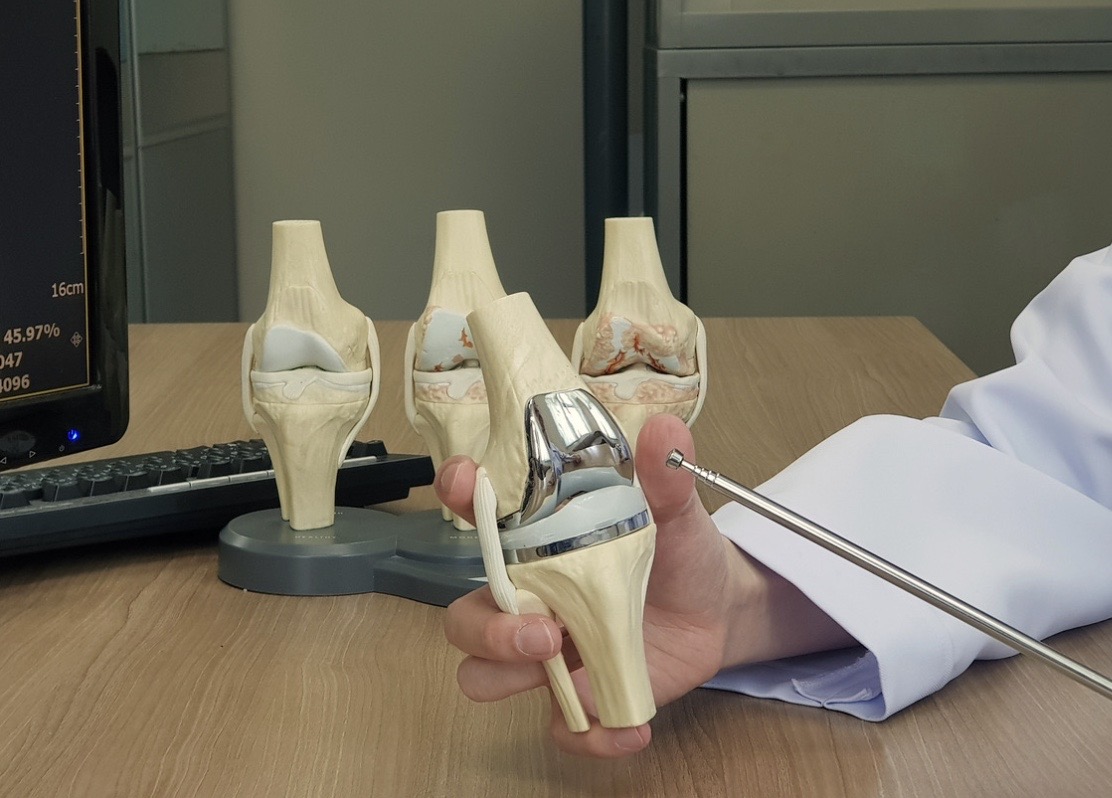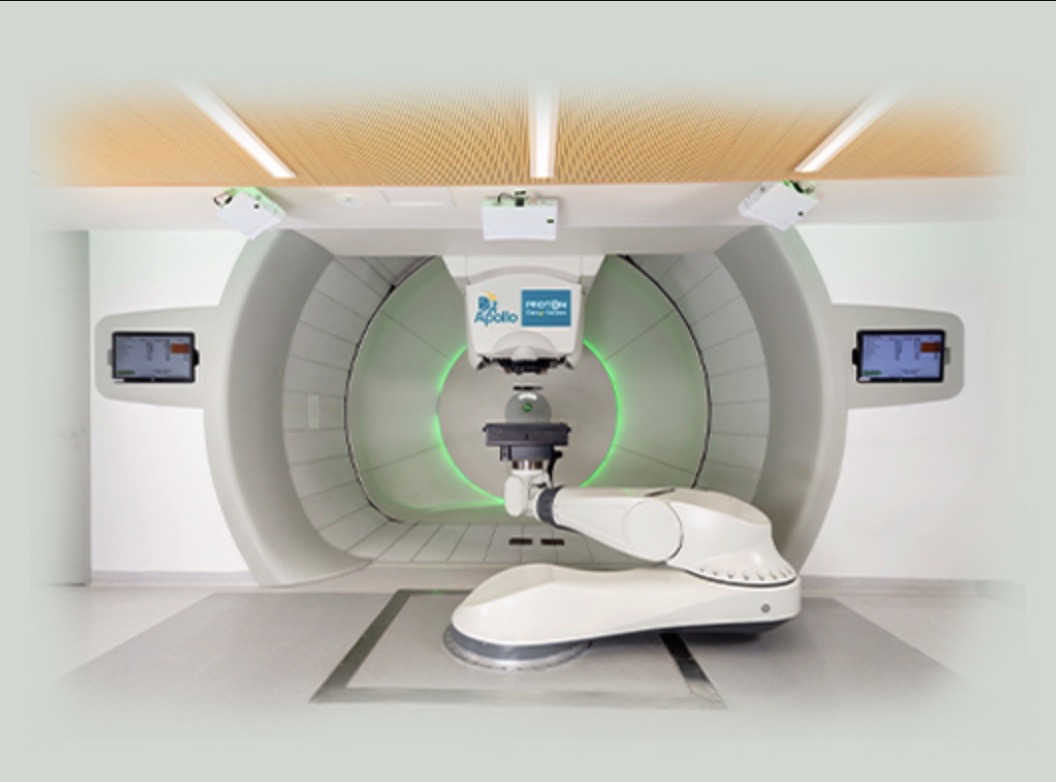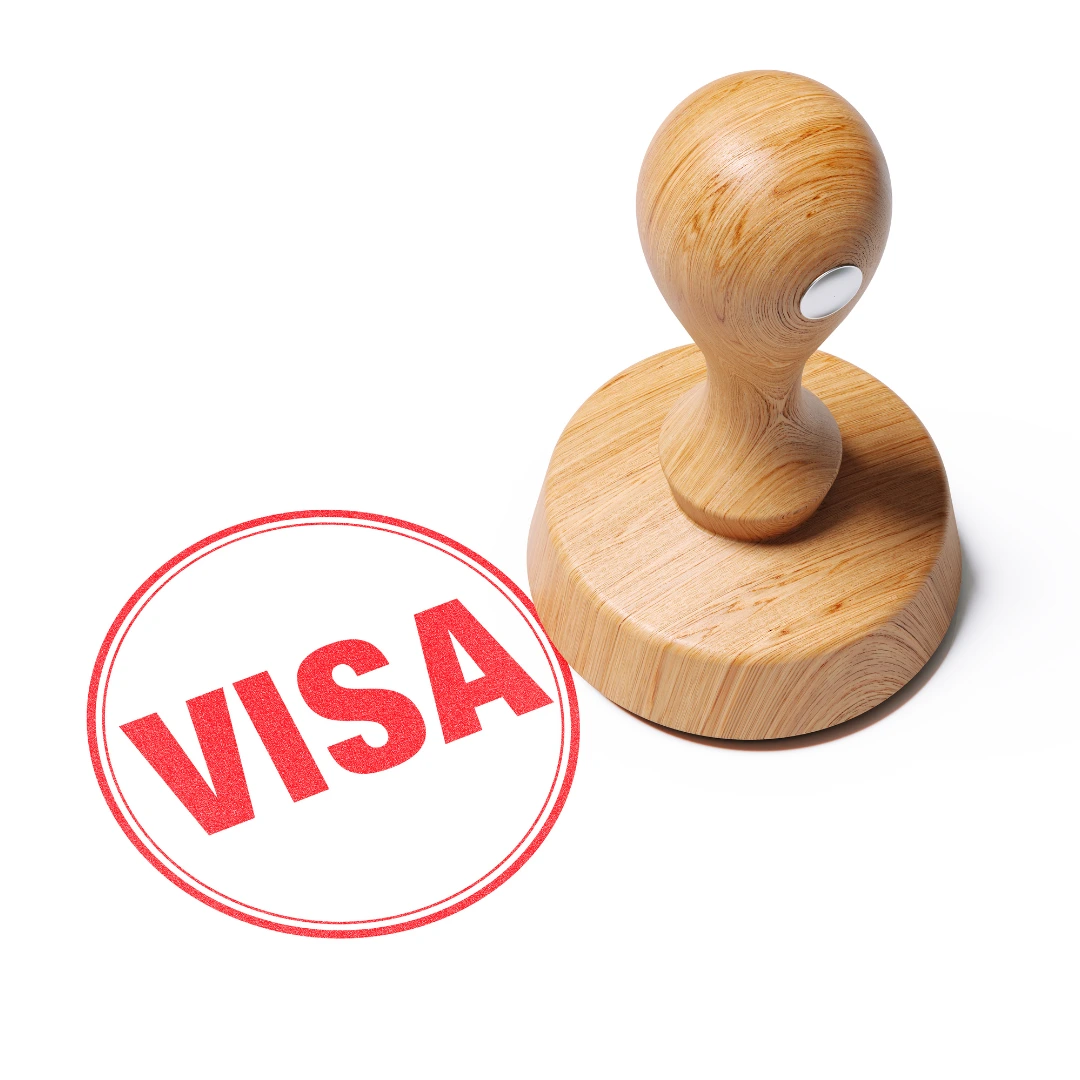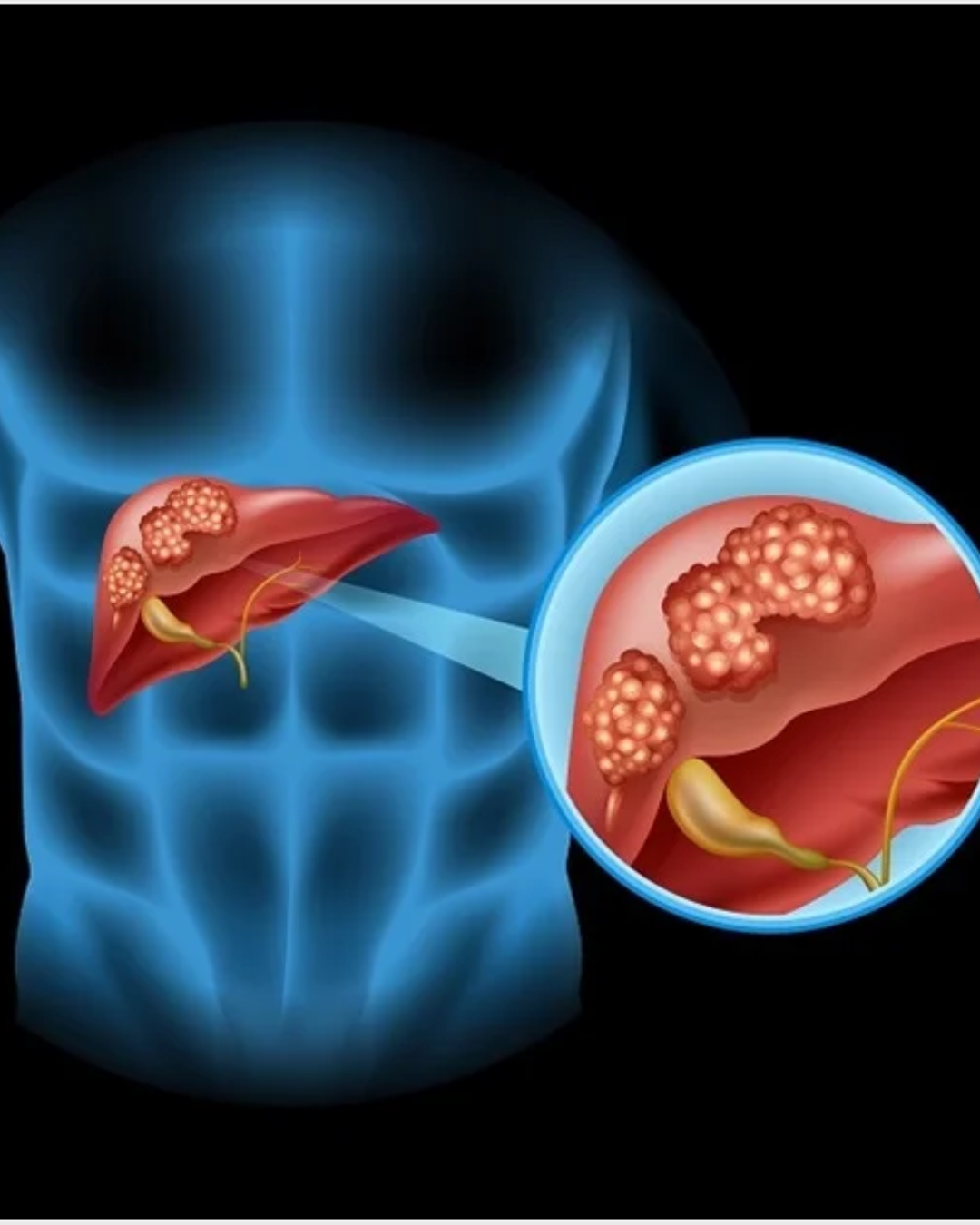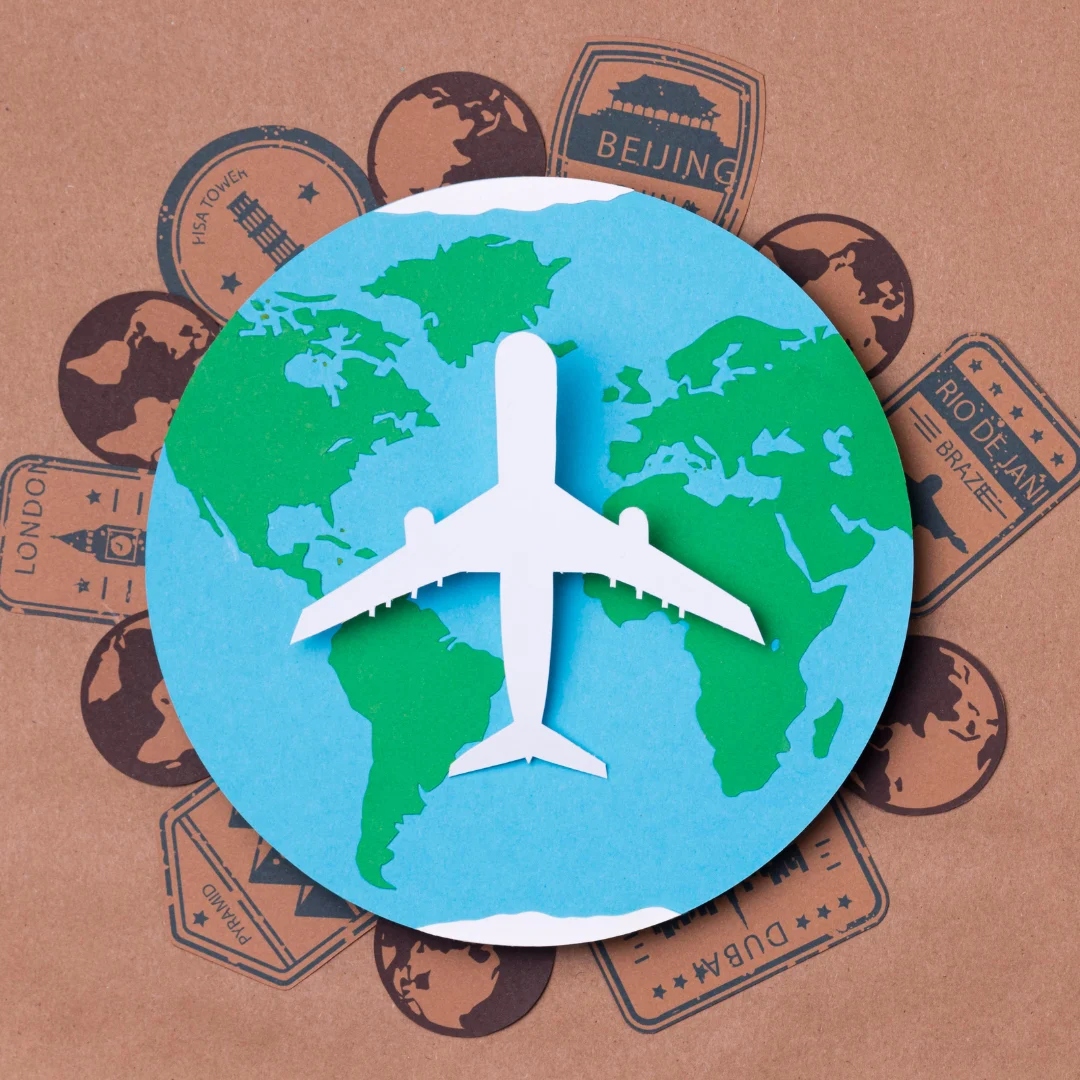Introduction
Pancreas transplantation is a surgical procedure that replaces a diseased pancreas with a healthy one from a donor. It is primarily performed for individuals with severe pancreas issues, such as type 1 diabetes, to restore normal pancreas function. This procedure helps regulate blood sugar levels and can eliminate the need for insulin therapy. Patients suffering from chronic pancreas issues symptoms, including digestive problems and blood sugar fluctuations, may benefit significantly. Additionally, those undergoing hepatitis treatment who develop pancreas issues due to medication side effects might consider this transplant. Recognizing pancreas issues symptoms early can improve treatment outcomes. While pancreas transplantation is not a common part of hepatitis treatment, it can be vital for patients experiencing severe pancreas function impairment due to chronic diseases.
Cost Comparison
The cost of pancreas transplantation treatment varies widely anywhere in the world, depending on the hospital, the stage of cancer, the type of treatment, the number of therapy sessions required, the patient’s overall health condition, post-operative complications and care, etc. The average cost of pancreas transplantation in India is USD $30000.
But be assured as the cost of Pancreas Transplantation in India is just a fraction of developed nations.
- Avg Cost of treatment - $30000
- Maximum cost of treatment - $60000
Factors affecting Cost Of Treatment
-
Ones Who Are Expensive: They are expensive because they have expertise and they are associated with the hospital and surgeons who have expertise to ensure the best pancreas function.
-
A pancreas-only procedure will cost more than a combined kidney-pancreas transplant, although when a patient has severe pancreas issues, this type of transplant may be recommended.
-
Some factors that affect the cost of the procedure include: Pre-Transplant Tests and Evaluations: Extensive tests for pancreas function, and the effects of hepatitis treatment on overall health condition.
-
Medications: Immunosuppressants and drugs that help treat the symptoms of pancreas issues are more long-term expenses.
-
Hospital stay: The higher the number of hospitalization days, the higher the cost of pancreas problems.
-
Cost: The cost may increase if a living donor is not available to restore the whole pancreas function.
-
Patients with hepatitis need additional care and hence it adds up to the costs.
-
Long-term follow-up and rehabilitation: In addition to expenses after the procedure, long-term monitoring for symptoms, and pancreas issues, is required.
Treatment Options
Pancreas-Only Transplant
-
For patients with severe pancreas illness but kidneys working fine.
-
It helps to restore the function of the pancreas and also removes diabetes symptoms from pancreas issues.
Simultaneous Kidney-Pancreas Transplant (SKPT)
-
For patients with kidney failure because of diabetes or pancreas, it is good.
-
Reduces the long-term complications by improving the functions of the pancreas and the kidney.
Pancreas-After-Kidney Transplant (PAK)
-
The test is done on a person who has already had a kidney transplant.
-
It helps to maintain the function of the pancreas in a stable way and flow and avoid further pancreas issues and symptoms.
Islet Cell Transplantation
-
Such a procedure seems at first glance like a minimally invasive alternative that injects insulin-producing cells into the liver.
-
Good for some patients with mild problems with the pancreas but is not enough to recover total pancreas function.
Post-Transplant Care and Medications
-
To prevent and manage pancreas issues symptoms, it is needed to take immunosuppressive drugs.
-
If a new pancreas is used for hepatitis in patients, modified medications may be needed to protect the new pancreas.
Alternative Non-Surgical Treatments
-
For patients not candidates for transplantation, advanced diabetes management helps taper the function of the pancreas.
-
There may be a need to change the hepatitis treatment of those with concomitant liver and pancreas problems.
How Medotil Assists International Patients
Medical Visa Assistance
- Guides patients through the process of obtaining a medical visa for India.
- Provides necessary documentation support, such as invitation letters from hospitals.
Accommodation Arrangements
- Helps secure comfortable and affordable lodging near treatment centers.
- Offers a range of options, including guest houses, hotels, or serviced apartments.
Food Services
- Assists in arranging dietary preferences, including international cuisines and special diets for medical needs.
Transportation Support
- Provides airport pickup and drop-off services.
- Offers reliable transportation for hospital visits and local travel.
Hospital and Doctor Selection
- Recommends top hospitals and connects patients with experienced specialists in their specific condition.
- Ensures access to advanced medical treatments and technology.
Tourism Services
- Organizes visits to famous tourist attractions like the Taj Mahal, Jaipur, Kerala, and other cultural landmarks.
- Tailors travel plans based on patient preferences and recovery needs.
24/7 Support
- Provides round-the-clock assistance for any queries or emergencies during the stay in India.






